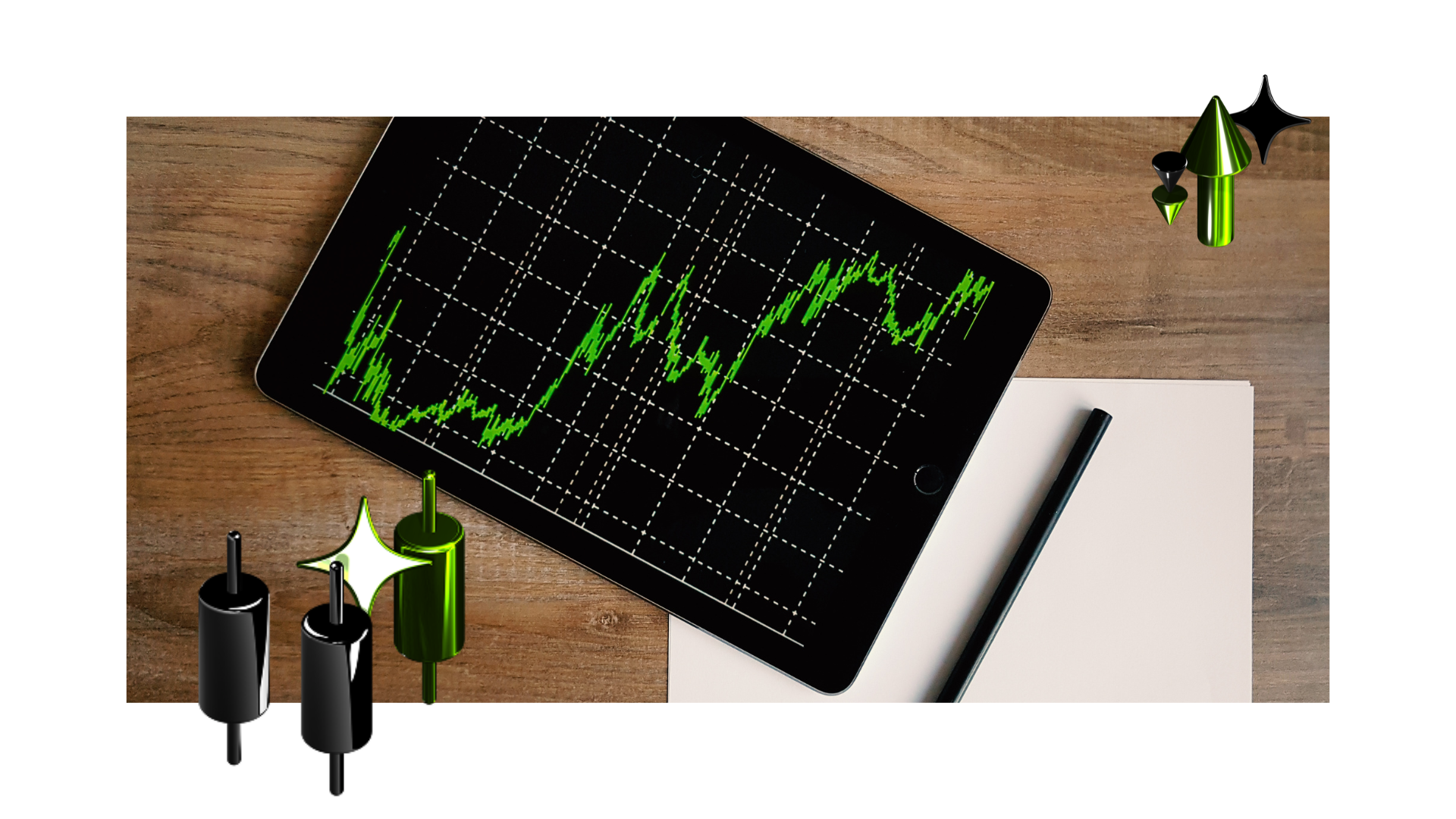Inflation is a term that frequently surfaces in economic discussions, but what does it really mean for your personal finances? As the cost of goods and services rises, the purchasing power of your money decreases. This can have a significant impact on your savings and overall financial health. In this blog post, we’ll explore how inflation affects your purchasing power and discuss strategies to protect your savings from its erosive effects.
Understanding Inflation and Purchasing Power
What is Inflation?
Inflation refers to the rate at which the general level of prices for goods and services rises, resulting in a decrease in purchasing power. It’s typically measured by the Consumer Price Index (CPI), which tracks the price changes of a basket of consumer goods and services over time. A moderate level of inflation is considered a normal part of a growing economy, but high inflation can be detrimental to consumers.
How Inflation Affects Purchasing Power
When inflation rises, each dollar you own buys fewer goods and services than it did before. For example, if the inflation rate is 3% per year, something that costs $100 today will cost $103 a year from now. If your savings are not growing at a rate that outpaces inflation, you may find yourself in a situation where your money is worth less over time.
Here’s a simple breakdown:
- If your savings account earns 1% interest and inflation is at 3%, you’re effectively losing 2% of your purchasing power each year.
- If your salary increases by 2% while inflation is at 3%, your real income has actually decreased, making it harder to afford the same lifestyle.
Strategies to Protect Your Savings from Inflation
Fortunately, there are several strategies you can employ to protect your savings from the negative impacts of inflation:
1. Invest in Stocks or Equity Funds
Historically, the stock market has outpaced inflation over the long term. While stocks can be volatile in the short term, investing in a diversified portfolio of stocks or equity funds can provide growth potential that outstrips inflation. Consider low-cost index funds or exchange-traded funds (ETFs) that track the market.
2. Consider Real Estate Investments
Real estate can act as a hedge against inflation. Property values and rental income tend to rise with inflation, making real estate a potentially lucrative investment. Whether you invest in rental properties or real estate investment trusts (REITs), this asset class can provide both income and appreciation.
3. Explore Inflation-Protected Securities
Treasury Inflation-Protected Securities (TIPS) are a government-backed investment option designed to protect against inflation. The principal value of TIPS increases with inflation, ensuring that your investment grows in real terms. While the interest rates may be lower than other investments, the protection against inflation can be valuable.
4. Diversify Your Investments
A diversified investment portfolio can help mitigate risks associated with inflation. By spreading your investments across various asset classes—such as stocks, bonds, real estate, and commodities—you can reduce the impact of inflation on your overall financial health.
5. Increase Your Savings Rate
As inflation erodes your purchasing power, it becomes essential to increase your savings rate. Consider automating your savings contributions to ensure you consistently set aside money. Look for ways to cut unnecessary expenses and redirect those funds into savings or investments.
6. Utilize High-Yield Savings Accounts or CDs
While traditional savings accounts often offer low-interest rates, high-yield savings accounts or certificates of deposit (CDs) can provide better returns. These accounts may offer interest rates that are more competitive, helping your savings grow even in an inflationary environment.
7. Stay Informed and Adjust Your Strategy
Keep an eye on economic indicators and inflation trends. Being informed will allow you to adjust your financial strategy as necessary. If inflation is rising, you may want to shift your investments or savings tactics to better protect your purchasing power.





